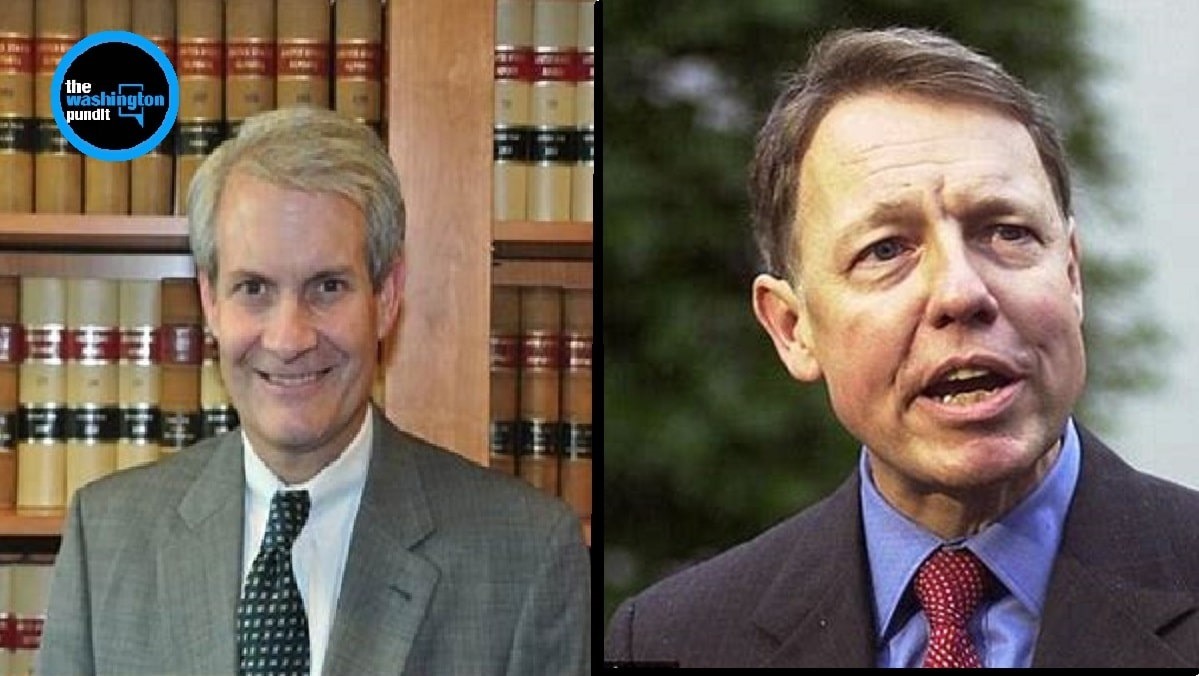As many on social media were following orders of the ‘National Black Out’ on Tuesday, an important case was being heard in the D.C. Circuit Court of Appeals. Because of the blackout, not much coverage of the event took place on social media.
The case involves Hillary Clinton, her use of a private email server for official business as Secretary of State and a Freedom of Information Act (FOIA) lawsuit brought against Clinton by Judicial Watch. The lawsuit would require Clinton to appear in person to answer questions about the missing emails as ordered by U.S. District Court Judge Royce Lambeth in March of this year. Hi goal is to learn whether her use of the illegal server was in order to thwart potential FOIA for the information contained on the server.
Clinton’s legal team immediately filed a Writ of Mandamus against Judge Lambeth over the order, basically claiming that she is too important to testify and that there is nothing else that can be learned by her testimony.. The DOJ disagreed with her arguments, but did not want to argue their reasons in front of the court. However the appelate court has ordered the DOJ to appear and make oral arguments in defense of their position.
In an interview on Lou Dobbs on Monday, Tom Fitton, President of Judicial Watch who initiated the current lawsuit, said of the DOJ:
“Even when they are trying to uphold the rule of law, the justice department is still trying to hide.”
Attorney David Kendall represented both Clinton and her former aide, Cheryl Mills in Tuesdays oral arguments. He stated that:
This case is moot for a number of reasons….the petitioners have no emails whatsoever left to produce….nobody disputes that….Secretary Clinton has declared under oath numerous times that she has produced all such emails in her custody…
But, Appeals Court Judge Thomas Griffith destroyed Kendall’s argument, reminding him that the DOJ continues to unearth new emails, one of which suggests that there may be texts messages that have yet to be seen as well. Griffith asked Kendall’s to respond to a statement in Judge Lambeth’s order, which said,
State (Department) failed to fully explain the new emails origins when the court directed question where they came from.
Kendall answered that the State Department was still “working on it.”
Griffith then asked about the accuracy of another statement by Lambeth regarding whether the State Department had actually searched other employees who corresponded with Secretary Clinton for new emails.
Kendall, stumbled over his answer and replied:
“…it’s not not entirely accurate.”
He went on to say that he the FBI had interviewed many eState Department mployees, but that he could not attest that all of them had been searched or correspondence with Clinton.
Kendall went on to argue that having Clinton deposed would pose an undue burden on her due to the current Covid-19-related changes in judicial process. He continued that any appearance by Clinton was merely designed to gather video footage that could be used in political advertisements to damage clinton and the Democrats.
The Court ultimately suggested that the video and audio could be sealed. Kendall replied with skepticism that the system would ultimately protect his client.
In a final death blow to the Clinton arguments, Judge Griffith noted that us of the Writ of Mandamus is extrodinarily rare and is meant to be used for very serious concerns over the court over-stepping it’s authority and that this case did not meet those standards.
Ultimately, the appelate court decided there was no good reason that Clinton should not have to testify. As it currently stands, she will be forced to do so when the court reconvenes in September.













